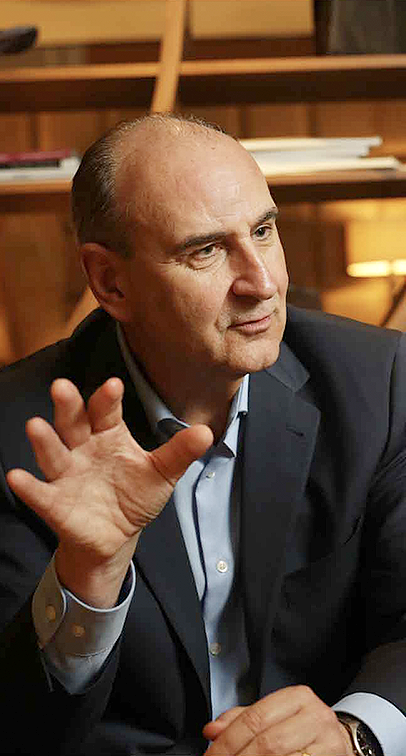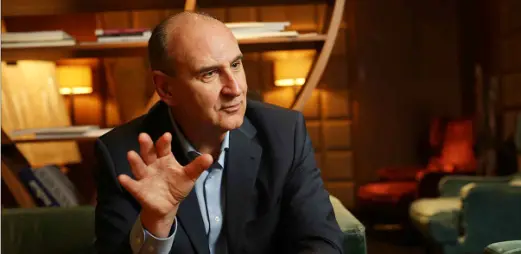THE WORLD’S #1 EXECUTIVE COACHING AND BUSINESS COACHING BLOG SINCE 2017.
4 Reasons Every CEO Needs a Coach
September 10, 2015 | Category: Blog, Executive Coaching
Why would a CEO need a coach? After all, he or she got to be CEO by being the best. But think about it. The top athletes in the world usually have their own personal coaches, and excellent coaching is often what’s credited at bringing them to and keeping them at the top of their game. An outstanding CEO coach is an objective, nonjudgmental partner in a client’s success, helping the executive move forward by focusing on answers to the nuts-and-bolts “How do we do it?” questions. The right coach helps a client accomplish more than the client thought possible.

Even someone at the top of their game can benefit from good coaching.
But coaching is not the same as simple well-meaning advice like you would get from a friend. A coach is more objective, helping the client move forward from here and now. At the same time, a great coach shouldn’t have an agenda or an angle, but should help the client solve problems, hone strengths, and address weaknesses in a practical manner, practicing until the skills are second nature. Here are 4 reasons every CEO can benefit from having a coach.
1. The CEO Coach Fulfills a Role No One Else Can
Board members can offer good advice to a CEO, but CEOs are naturally reluctant to bring up some uncertainties with the board. Other CEOs might understand a situation, but there are obvious barriers to total candidness between two CEOs. And while it’s fine to open up to family and friends about deep-seated concerns, they’re probably not going to fully understand the perspective of a CEO. A CEO coach however, brings in a unique perspective that can move the company forward. Neither therapist nor cheerleader, the coach can help a CEO make the most of his or her relationships with employees, the board, and the market the company serves.
2. With Coaching, Perspective and Decision-Making Skills Improve
From the top of the organizational chart, the CEO has a unique corporate perspective, but that perspective is limited. The CEO coach is one of very few people equipped to help a client understand situations or recognize blind spots, providing constructive feedback as well as a slight, but valuable shift in perspective. After all, we wouldn’t be able to perceive three-dimensional depth without each eye having a slightly different point of view of the same object. The coach, with no competing agenda, can also be an important sounding board for ideas in their earliest stages, and can help a CEO make better decisions at every stage of idea implementation.
3. CEOs with Coaches Are Less Likely to Become “Stuck”

Something that worked in one situation may not necessarily work in another.
Learning what works and then applying it to suit the situation is good. It’s how many CEOs scaled the corporate ladder. But there’s danger in relying too heavily on what worked in the past to continue working in the future. Marketplaces change, customers change, and work forces change, and what used to work may not be right for now. The CEO coach can recognize when an executive has become stuck on what worked in the past and unable (or unwilling) to see that a change is needed. It’s clearly much better for a CEO to learn about this type of stagnation from a coach rather than an unhappy board of directors.
4. CEOs and Boards Benefit from Improved CEO “Soft Skills”
Sure, a CEO needs to possess strong business acumen and have a proven track record of making sound business decisions. But in addition to relying on these “hard skills” many CEOs benefit from coaching on their “soft skills.” Soft skills are used in processes like conflict resolution and inspiring motivation in the workforce. A great coach can not only teach these skills, but help the executive practice them, just as a great pitching coach helps a star pitcher work on a variety of different types of pitches. A coach can also help the CEO understand which skills apply to which situation, and can offer constructive practice through role-play and other techniques.
Conclusion
Psychological and relational issues become increasingly important as you move up the corporate organization chart. Not only does the great CEO understand the granular details of what his or her organization does, but also has the astuteness, self-awareness, and relationship skills necessary to orchestrate the overall operation of the enterprise. Nobody at the top of their game got there alone, and the help of an outstanding CEO coach can lead to a productive and inspiring tenure as chief executive.



